Research team
Eva Piirimäe
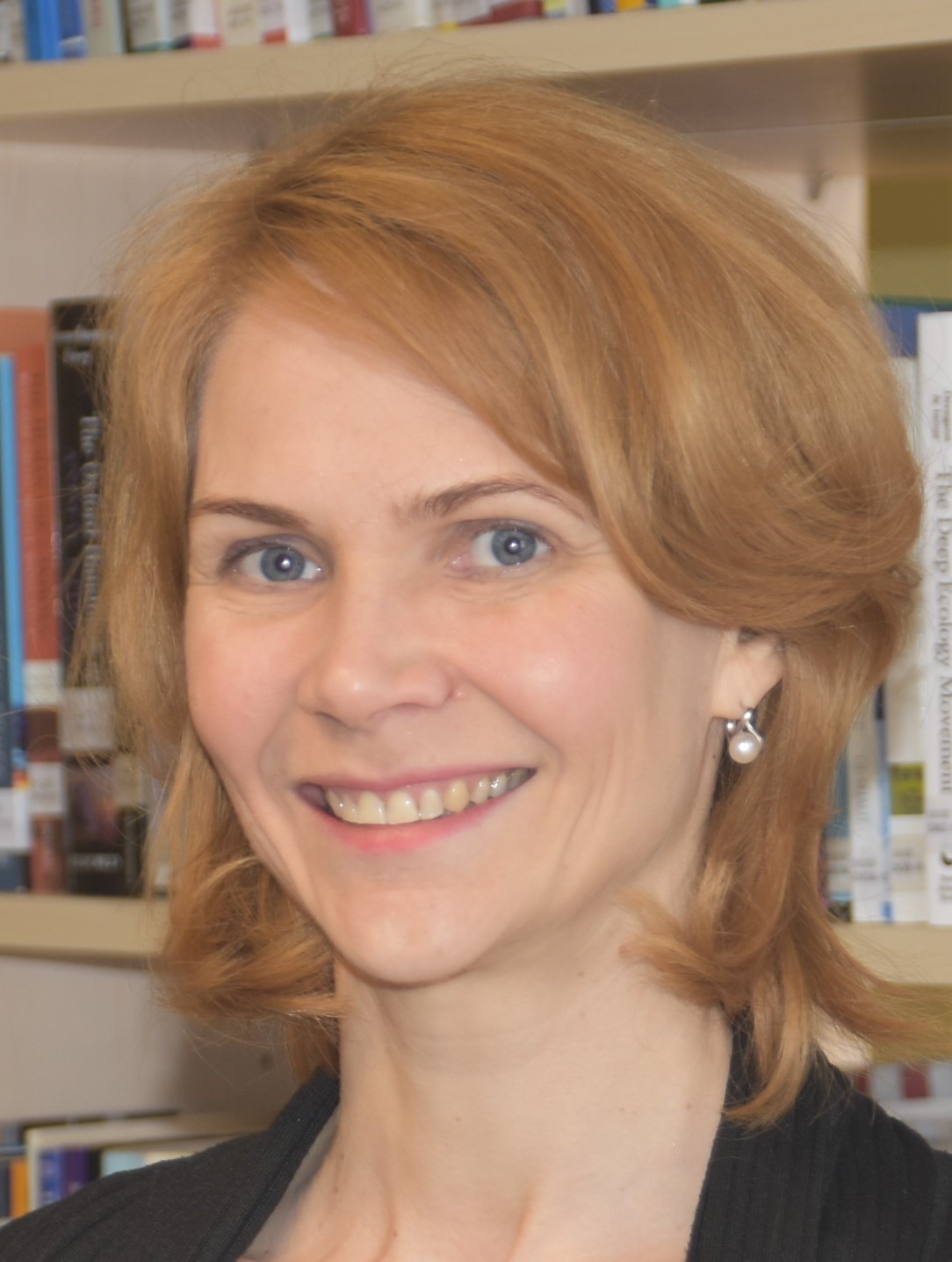 Eva Piirimäe (Ph.D. University of Cambridge, 2006) is Associate Professor of Political Theory at the Johan Skytte Institute of Political Studies, University of Tartu. Her research interests include early modern moral philosophy and political thought, the intellectual history of human rights and the self-determination of peoples, and historical and contemporary theories of sovereignty and humanitarian intervention. Piirimäe’s monograph Herder and Enlightenment Politics was published in “Ideas in Context” series (CUP) in 2023. She has recently co-edited (with Liina Lukas and Johannes Schmidt) and introduced Herder on Empathy and Sympathy/ Einfühlung und Sympathie im Denken Herders (Leiden: Brill, 2020). Her recent articles include “Sovereignty, Self-Determination, and Human Rights from Walzer to the Responsibility to Protect“, Global Responsibility to Protect 10:4 (2018) and “Human Rights and Their Realisation in the World: Herder’s Debate with Kant“, in: Passions, Politics and the Limits of Society, ed. Heikki Haara, Mikko Immanen and Koen Stapelbroek (Berlin: DeGruyter, 2020). In 2013 her article “Humanität versus Nationalism as the Moral Foundation of the Russian Empire: Jegór von Sivers’ Herderian Cosmopolitanism” was awarded the Estonian Historical Journal’s Prize for the Best Article of the Year (2012).
Eva Piirimäe (Ph.D. University of Cambridge, 2006) is Associate Professor of Political Theory at the Johan Skytte Institute of Political Studies, University of Tartu. Her research interests include early modern moral philosophy and political thought, the intellectual history of human rights and the self-determination of peoples, and historical and contemporary theories of sovereignty and humanitarian intervention. Piirimäe’s monograph Herder and Enlightenment Politics was published in “Ideas in Context” series (CUP) in 2023. She has recently co-edited (with Liina Lukas and Johannes Schmidt) and introduced Herder on Empathy and Sympathy/ Einfühlung und Sympathie im Denken Herders (Leiden: Brill, 2020). Her recent articles include “Sovereignty, Self-Determination, and Human Rights from Walzer to the Responsibility to Protect“, Global Responsibility to Protect 10:4 (2018) and “Human Rights and Their Realisation in the World: Herder’s Debate with Kant“, in: Passions, Politics and the Limits of Society, ed. Heikki Haara, Mikko Immanen and Koen Stapelbroek (Berlin: DeGruyter, 2020). In 2013 her article “Humanität versus Nationalism as the Moral Foundation of the Russian Empire: Jegór von Sivers’ Herderian Cosmopolitanism” was awarded the Estonian Historical Journal’s Prize for the Best Article of the Year (2012).
eva.piirimae@ut.ee
Hent-Raul Kalmo
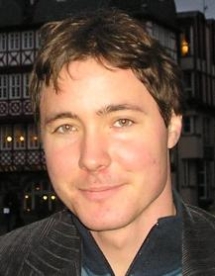 Hent Kalmo is Research Fellow of Law and Political Theory at the Johan Skytte Institute of Political Studies, University of Tartu. In 2017 – 2020 he served as Marie Curie Global Fellow in Harvard University and before that as Max Weber Fellow in European University Institute in Florence. His main research interests are the concept of “sovereignty”, international relations and methodology of intellectual history. His recent publications (among others) are “The End of Self-fulfilling Europe” (in Nanopoulos and Vergis (eds.) The Crisis Behind the Eurocrisis (Cambridge University Press, 2019) and “Principles and Pragmatism in State Succession: Bargaining in the Economic Affairs Commission of the Tartu Peace Conference” (in Baltic Yearbook of International Law, Brill, 2019). In 2015, Kalmo received the Enn Soosaar Ethical Essayists Prize for his article “Utopian Estonia”, published in Vikerkaar (vol. 10-11, 2014).
Hent Kalmo is Research Fellow of Law and Political Theory at the Johan Skytte Institute of Political Studies, University of Tartu. In 2017 – 2020 he served as Marie Curie Global Fellow in Harvard University and before that as Max Weber Fellow in European University Institute in Florence. His main research interests are the concept of “sovereignty”, international relations and methodology of intellectual history. His recent publications (among others) are “The End of Self-fulfilling Europe” (in Nanopoulos and Vergis (eds.) The Crisis Behind the Eurocrisis (Cambridge University Press, 2019) and “Principles and Pragmatism in State Succession: Bargaining in the Economic Affairs Commission of the Tartu Peace Conference” (in Baltic Yearbook of International Law, Brill, 2019). In 2015, Kalmo received the Enn Soosaar Ethical Essayists Prize for his article “Utopian Estonia”, published in Vikerkaar (vol. 10-11, 2014).
hentraul@gmail.com
Kaarel Piirimäe
Kaarel P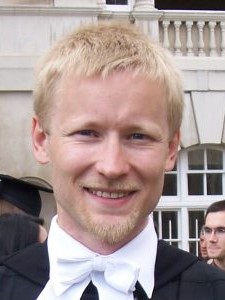 iirimäe (Ph.D. University of Cambridge, 2009) is Associate Professor of Contemporary History at the University of Tartu and Senior Research Fellow at the Estonian War Museum. He is the author of Roosevelt, Churchill and the Baltic Question: Allied Relations during the Second World War (Palgrave 2014), and editor/co-editor of The Second World War and the Baltic States (Peter Lang 2014), The Baltic Sea Region and the Cold War (Peter Lang, 2012), The Baltic States and the End of the Cold War (Peter Lang, 2018). His article “Liberals and Nationalism: E. H. Carr, Walter Lippmann and the Baltic states from 1918 to 1944” won the Vilis Vitols Prize for the best article in the Journal of Baltic Studies in 2017.
iirimäe (Ph.D. University of Cambridge, 2009) is Associate Professor of Contemporary History at the University of Tartu and Senior Research Fellow at the Estonian War Museum. He is the author of Roosevelt, Churchill and the Baltic Question: Allied Relations during the Second World War (Palgrave 2014), and editor/co-editor of The Second World War and the Baltic States (Peter Lang 2014), The Baltic Sea Region and the Cold War (Peter Lang, 2012), The Baltic States and the End of the Cold War (Peter Lang, 2018). His article “Liberals and Nationalism: E. H. Carr, Walter Lippmann and the Baltic states from 1918 to 1944” won the Vilis Vitols Prize for the best article in the Journal of Baltic Studies in 2017.
kaarel.piirimae@ut.ee
Juhan Saharov
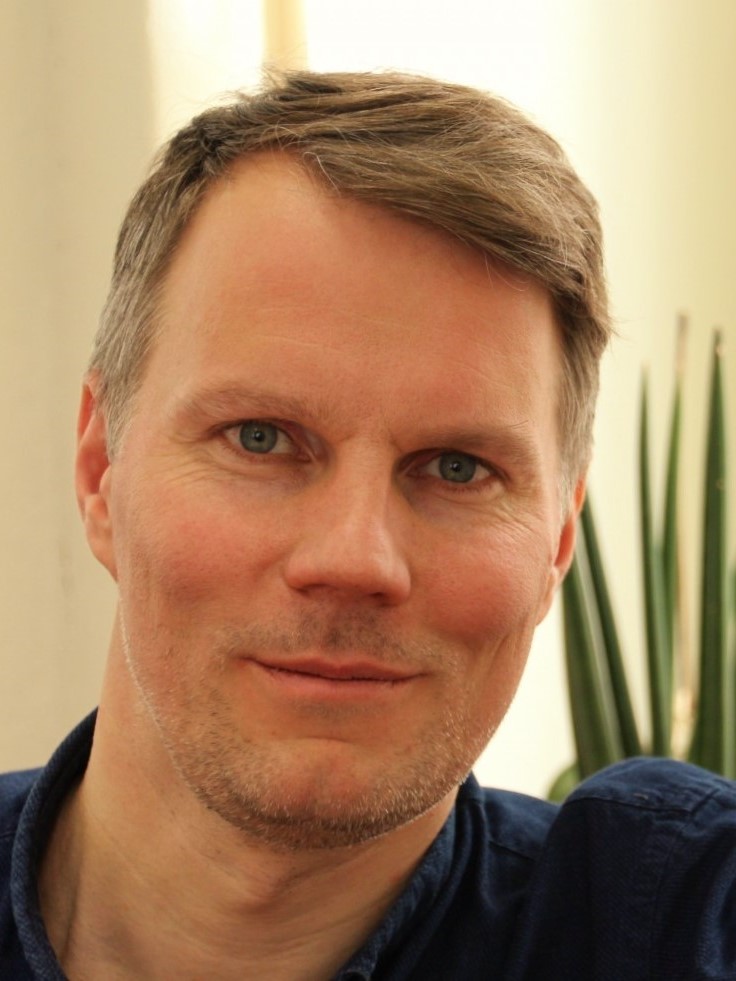 Juhan Saharov (Ph.D. in political science, University of Tartu, 2021) is Research Fellow of Political Theory at the Johan Skytte Institute of Political Studies, University of Tartu. His research interests are the intellectual history of reform socialism in East Central Europe (focusing on “self-” concepts), the role of experts and scientists in the political change during the late Cold War period, and the global history of economic self-determination. His doctoral dissertation „From Economic Independence to Political Sovereignty: Inventing “Self-Management” in Estonian SSR“ (supervisor: Eva Piirimäe) was awarded the main prize at the national contest for university students in 2021. Saharov has published articles on the “self-management” movement in Estonian SSR and its relation with the collapse of the Soviet Union (1987-1991) in journals like Contributions to the History of Concepts, Europe-Asia Studies, and Czech Journal of Political Studies.
Juhan Saharov (Ph.D. in political science, University of Tartu, 2021) is Research Fellow of Political Theory at the Johan Skytte Institute of Political Studies, University of Tartu. His research interests are the intellectual history of reform socialism in East Central Europe (focusing on “self-” concepts), the role of experts and scientists in the political change during the late Cold War period, and the global history of economic self-determination. His doctoral dissertation „From Economic Independence to Political Sovereignty: Inventing “Self-Management” in Estonian SSR“ (supervisor: Eva Piirimäe) was awarded the main prize at the national contest for university students in 2021. Saharov has published articles on the “self-management” movement in Estonian SSR and its relation with the collapse of the Soviet Union (1987-1991) in journals like Contributions to the History of Concepts, Europe-Asia Studies, and Czech Journal of Political Studies.
juhan.saharov@ut.ee
Semyon Reshenin
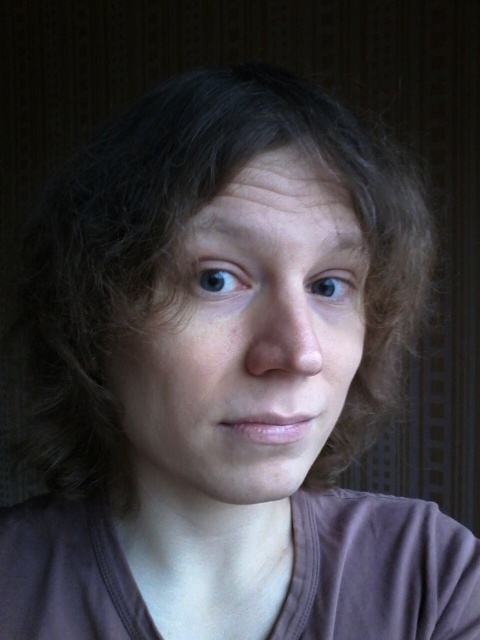 Semyon Reshenin (Ph.D. in philosophy, University of Tartu, 2023) is a Research Fellow of Political Theory at the Johan Skytte Institute of Political Studies, University of Tartu (supervisor: Eva Piirimäe). His research interests are primarily in Kantian moral philosophy and psychology. Currently he is working on the ways in which Kant’s ethical and aesthetic ideas were critically appropriated and further developed by Friedrich Schiller. In a nutshell, Reshenin intends to show that Schiller inherits the concept of self-determination from Kant and distinguishes within it the different layers: namely, self-determination as a source of the moral truths (moral autonomy), self-determination as a capacity for choice (Willkür), self-determination as a personal project, and self-determination as a foundational principle for building a more free society.
Semyon Reshenin (Ph.D. in philosophy, University of Tartu, 2023) is a Research Fellow of Political Theory at the Johan Skytte Institute of Political Studies, University of Tartu (supervisor: Eva Piirimäe). His research interests are primarily in Kantian moral philosophy and psychology. Currently he is working on the ways in which Kant’s ethical and aesthetic ideas were critically appropriated and further developed by Friedrich Schiller. In a nutshell, Reshenin intends to show that Schiller inherits the concept of self-determination from Kant and distinguishes within it the different layers: namely, self-determination as a source of the moral truths (moral autonomy), self-determination as a capacity for choice (Willkür), self-determination as a personal project, and self-determination as a foundational principle for building a more free society.
semen.reshenin@gmail.com
Kadi Kähär-Peterson
Kadi 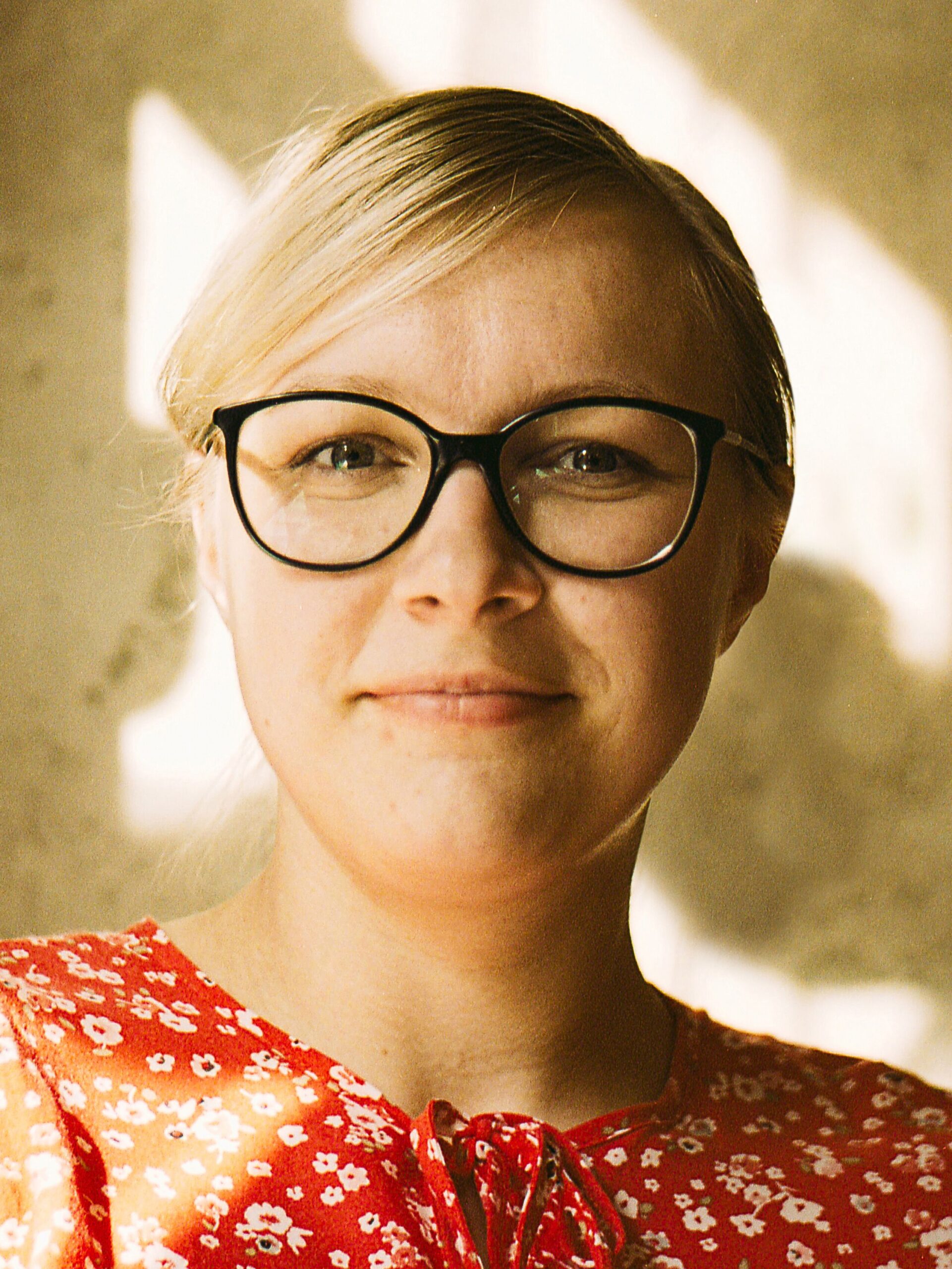 Kähär-Peterson is PhD candidate at the Institute of History and Archaeology, University of Tartu. Her research interests include Enlightenment political thought and philosophy of history, the relationship between national, regional, and cosmopolitan histories and identities. She is currently working on the dissertation „The Progress of Humanity – Europe and the Baltic provinces: Garlieb Merkel’s Ideas in the Context of European Theories of Civilisation“ (supervisors: Pärtel Piirimäe, Eva Piirimäe).
Kähär-Peterson is PhD candidate at the Institute of History and Archaeology, University of Tartu. Her research interests include Enlightenment political thought and philosophy of history, the relationship between national, regional, and cosmopolitan histories and identities. She is currently working on the dissertation „The Progress of Humanity – Europe and the Baltic provinces: Garlieb Merkel’s Ideas in the Context of European Theories of Civilisation“ (supervisors: Pärtel Piirimäe, Eva Piirimäe).
kadi.kahar@gmail.com
David Ilmar Lepasaar Beecher
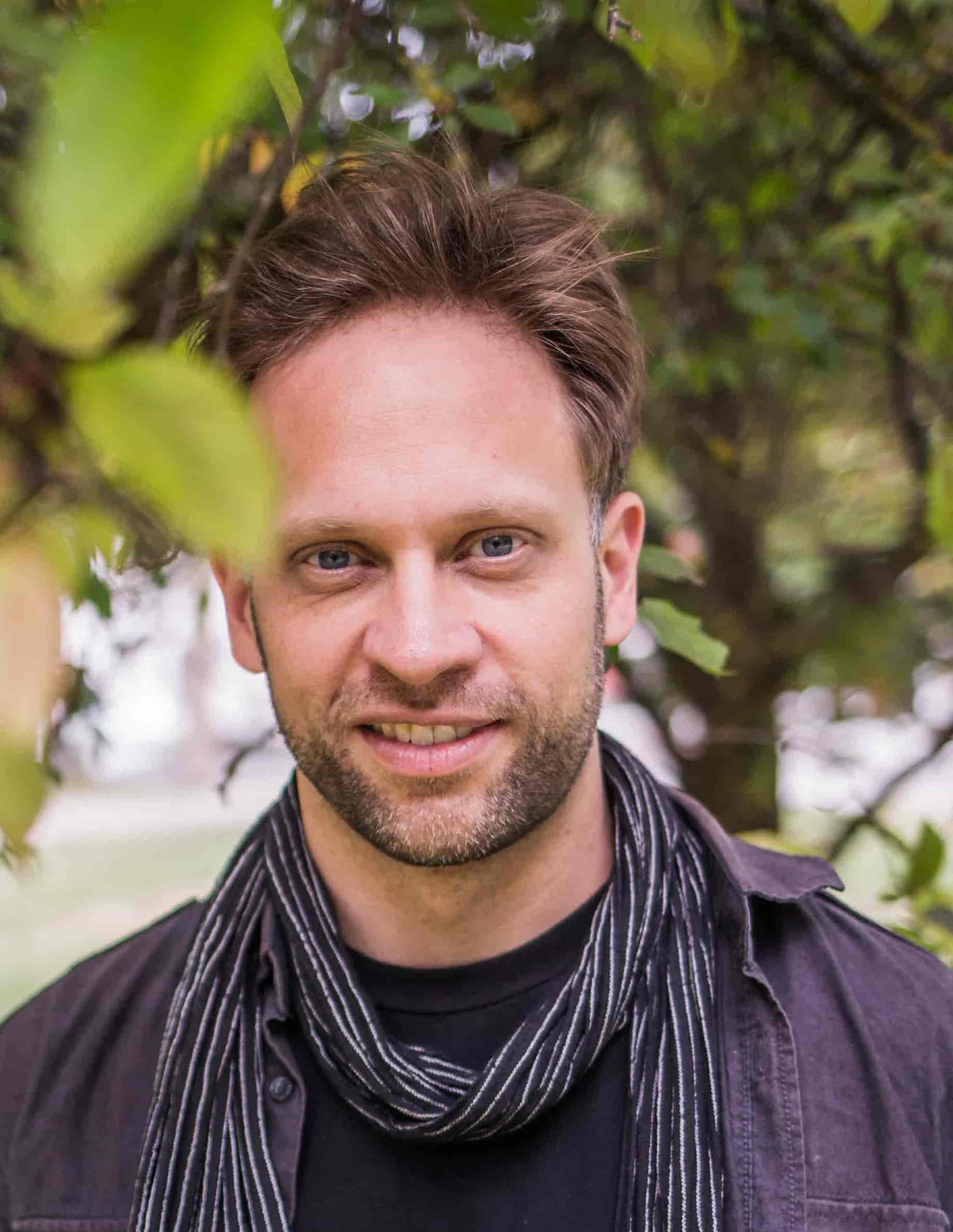 David Ilmar Lepasaar Beecher (Ph.D University of Berkeley, 2014) is lecturer of political thought and cultural history at the Johan Skytte Institute of Political Studies, University of Tartu. He was a Fulbright Scholar and Tartu University’s first Visiting Professor of the Estonian Diaspora at the same institute in 2019-2020 and 2020-2021 respectively. Before that he taught world history and political economy for five years as a lecturer in the Global Studies program at UC Berkeley, where his dissertation “Ivory Tower of Babel: Tartu University and Its Languages in Two Empires, a Nation-State, and the Soviet Union” earned him the history department’s prize for best dissertation in 2015. Four concepts — language, the university, the city, and the state — guide his research into topics ranging from the university as a school for both individual and national “self-determination” since the early modern era to the Soviet Union’s “Friendship of the Peoples” as a unique (if failed) solution to the problem of self-determination in an increasingly globalized world: living together while still living apart.
David Ilmar Lepasaar Beecher (Ph.D University of Berkeley, 2014) is lecturer of political thought and cultural history at the Johan Skytte Institute of Political Studies, University of Tartu. He was a Fulbright Scholar and Tartu University’s first Visiting Professor of the Estonian Diaspora at the same institute in 2019-2020 and 2020-2021 respectively. Before that he taught world history and political economy for five years as a lecturer in the Global Studies program at UC Berkeley, where his dissertation “Ivory Tower of Babel: Tartu University and Its Languages in Two Empires, a Nation-State, and the Soviet Union” earned him the history department’s prize for best dissertation in 2015. Four concepts — language, the university, the city, and the state — guide his research into topics ranging from the university as a school for both individual and national “self-determination” since the early modern era to the Soviet Union’s “Friendship of the Peoples” as a unique (if failed) solution to the problem of self-determination in an increasingly globalized world: living together while still living apart.
david.ilmar.lepasaar.beecher@ut.ee
Oliver Rowe
Oliver Rowe is a Junior Research Fellow and PhD candidate at the Johan Skytte 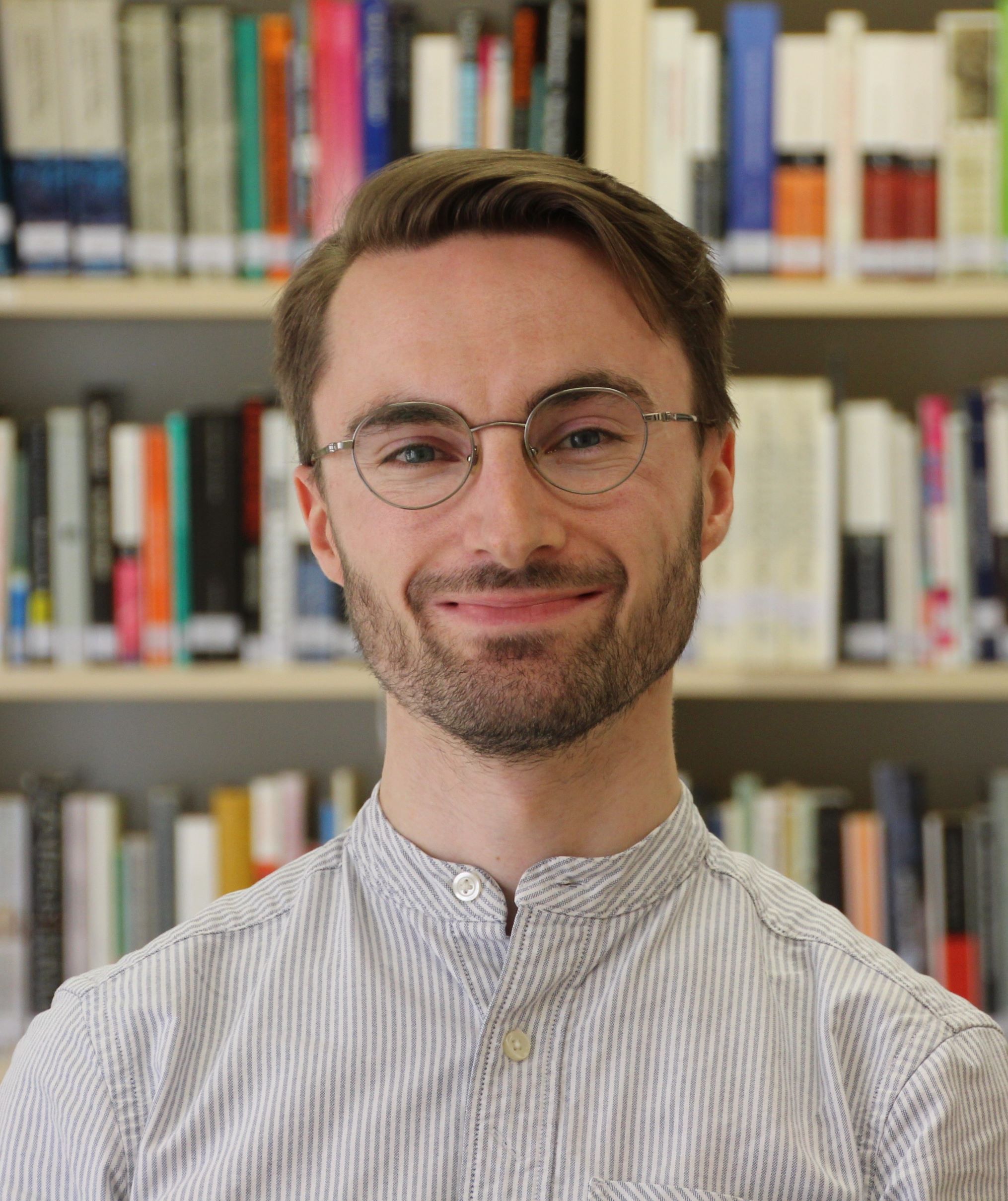 Institute of Political Studies at the University of Tartu (supervisor: Eva Piirimäe). His PhD thesis, preliminarily entitled “Self-determination in Theory and Practice: The Reconfiguration of the ‘Russian’ Empire, 1914-1924”, focuses mainly on the ‘agents of self-determination’ of the Bolsheviks, the White Movement, and the Allies, and assesses their relationship to each other in an increasingly popular-opinion-led international system following the Russian Revolution(s) of 1917, the conclusion of the First World War in 1918 and the subsequent Paris Peace Conference. It also makes a conscious effort to examine self-determination beyond these so-called ‘Great Powers’, with many novel findings coming from the then-aspiring states of Estonia, Georgia, and Ukraine – not to mention the significance of many (actively) non-state peoples during the period. Oliver’s wider academic interests include the intellectual history and political theory of states, authority, and self-determination; contested states and statehoods; terrorism and political violence; Russian history 1861-1928; and ideas of emancipation, broadly conceived, in theory and practice.
Institute of Political Studies at the University of Tartu (supervisor: Eva Piirimäe). His PhD thesis, preliminarily entitled “Self-determination in Theory and Practice: The Reconfiguration of the ‘Russian’ Empire, 1914-1924”, focuses mainly on the ‘agents of self-determination’ of the Bolsheviks, the White Movement, and the Allies, and assesses their relationship to each other in an increasingly popular-opinion-led international system following the Russian Revolution(s) of 1917, the conclusion of the First World War in 1918 and the subsequent Paris Peace Conference. It also makes a conscious effort to examine self-determination beyond these so-called ‘Great Powers’, with many novel findings coming from the then-aspiring states of Estonia, Georgia, and Ukraine – not to mention the significance of many (actively) non-state peoples during the period. Oliver’s wider academic interests include the intellectual history and political theory of states, authority, and self-determination; contested states and statehoods; terrorism and political violence; Russian history 1861-1928; and ideas of emancipation, broadly conceived, in theory and practice.

